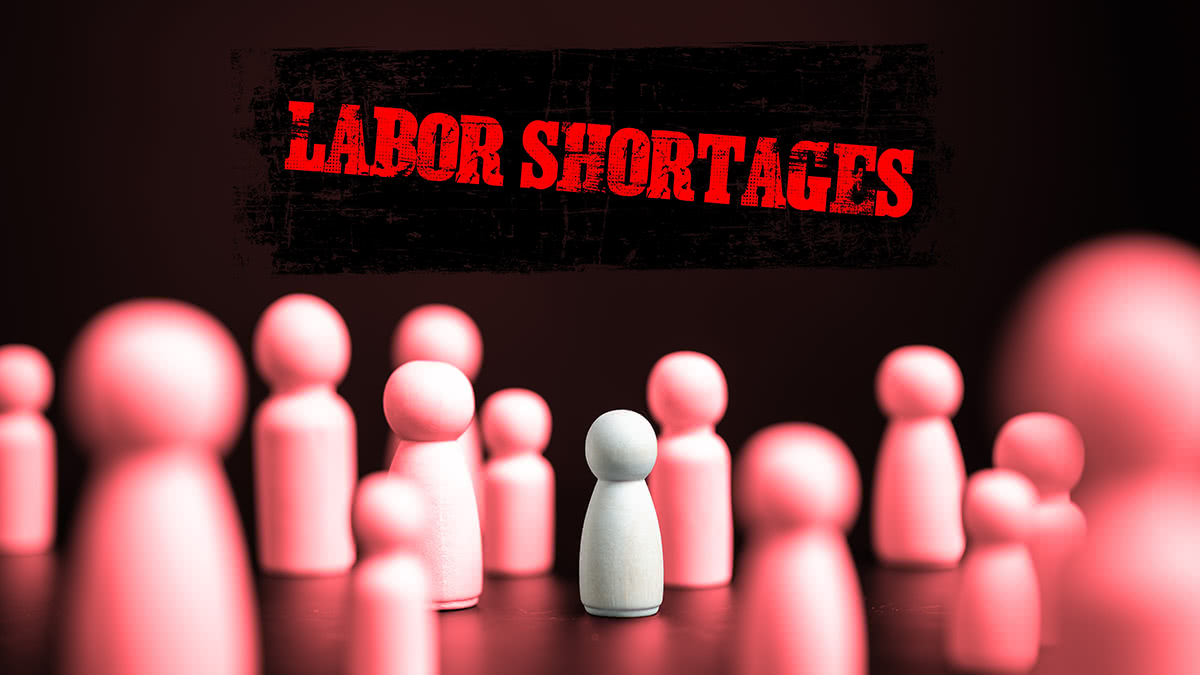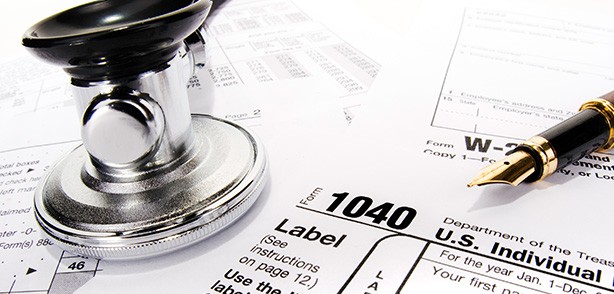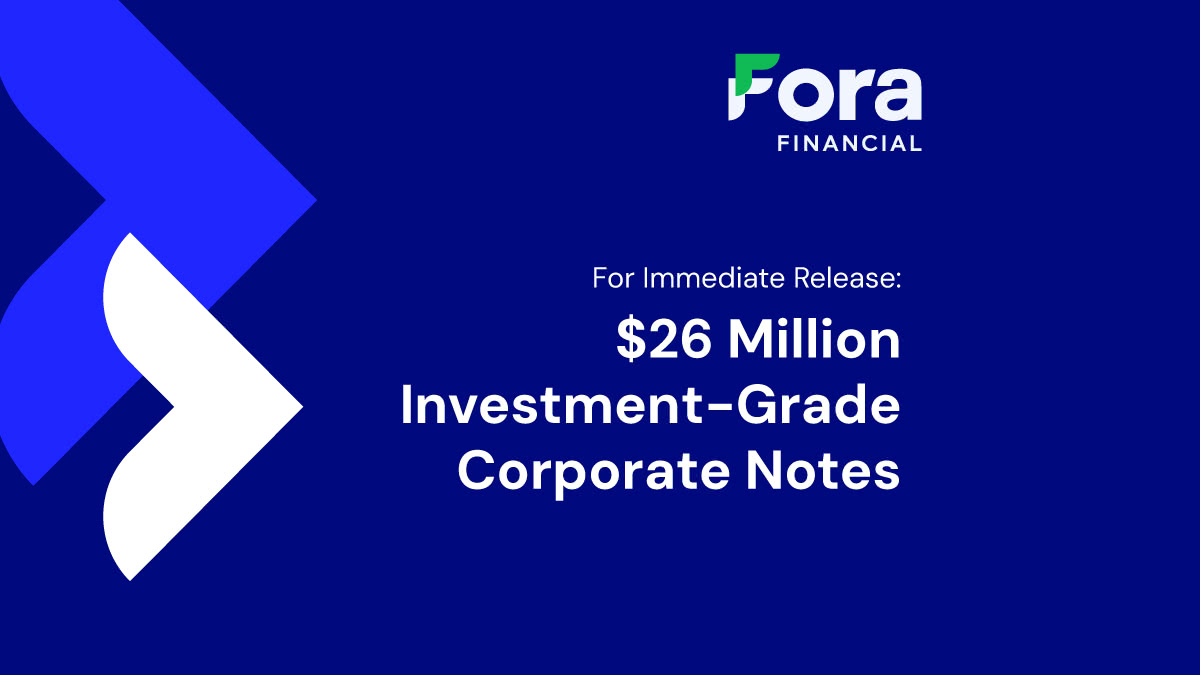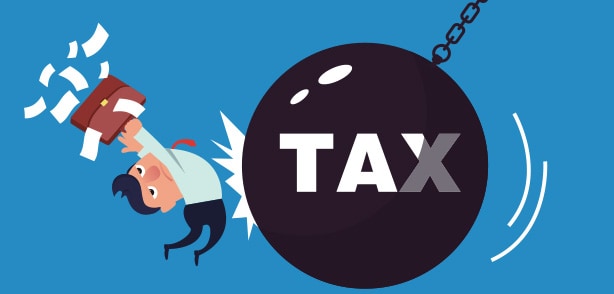How to Secure Construction Equipment Financing for Your Firm
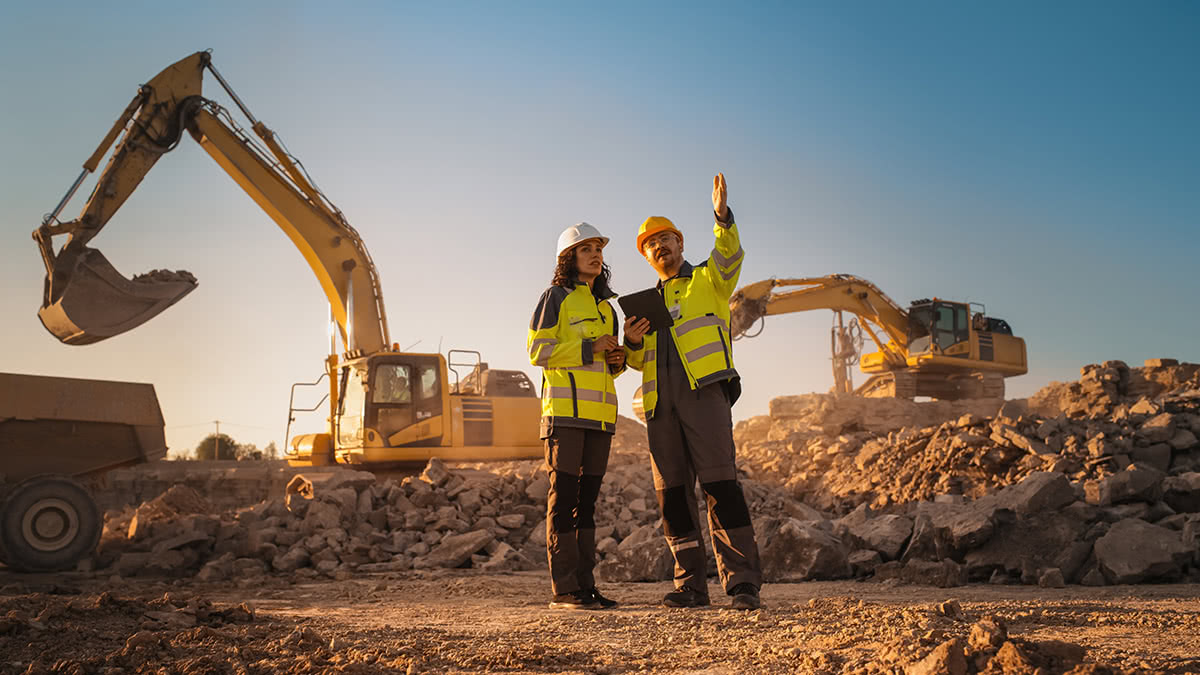
For small businesses in the construction industry, especially those operating without large cash reserves, securing a construction equipment loan is often a necessary part of doing business. Even relatively minor construction projects can require heavy machinery or other expensive equipment.
So, how do you finance construction equipment that costs tens of thousands of dollars? Because there are multiple options, there's no simple answer to this question.
Many small business owners in the construction industry successfully use a mix of construction equipment loans and equipment leasing. Others might purchase some equipment and lease other tools, depending on their needs. The key is determining the ideal strategy based on your timeline, financial health, and business goals.
To help you do that, this post will review each tool in your construction equipment financing toolkit. Then, we'll review the steps typically involved in obtaining construction equipment leasing and financing.
Construction Equipment Financing: Loans, Leases, and Rentals
It's important to realize that you have options when it comes to construction and commercial equipment financing. Generally speaking, there are three different kinds of working capital options that you can mix and match:
1. Use a Business Loan to Purchase Equipment
Construction equipment loans are different from other kinds of business funding. They're designed specifically to allow a construction company to finance construction equipment.
With these kinds of equipment loans, you borrow money from a financing company to purchase the equipment. When the repayment term is complete, and you make your final payment, you officially own the equipment.
Typically, assuming all else is equal, heavy equipment loans and other types of heavy equipment financing are easier to qualify for because the equipment is used as collateral.
Alternatively, you can use funds from a small business or term loan to cover the cost of your construction equipment. However, if you do this, you should double-check the loan's restrictions on your use of funds. Some small business loans have restrictions on what the funds can be applied toward, though this will vary depending on your choice of lender.
2. Lease Construction Equipment
Construction equipment leases are a popular equipment financing option because they reduce your upfront cost. Unlike a construction loan for equipment, leases don't require a large upfront down payment, which is typically required by heavy equipment loans. Instead, you make regular payments on the equipment for the duration of the lease period.
These are good options for construction companies that may have little credit history or bad credit, as they are easier to get, and your credit score generally isn't as much of a factor.
Typically, these leases require monthly payments, but this will depend on your leasing agreement. It's important to note that at the end of your lease, you return the equipment to the leasing company. Or, depending on the lease, you may have an option to renew the lease, purchase the equipment, or upgrade the equipment on a new lease.
3. Rent Construction Equipment
If you only need a certain piece of equipment for a relatively short time (e.g., less than one year), renting is a viable option. Rentals work just like construction equipment leasing, but the main difference is that rentals cover a shorter period. Unlike heavy equipment leasing or construction equipment financing, these types of agreements generally don't require a great deal of paperwork.
How to Obtain Construction Equipment Financing
Application Process and Qualification: Construction Equipment Loans
The application process for heavy equipment financing, including construction equipment loans, varies based on where you apply and may carry many of the same requirements as personal loans. Traditional banks require the most paperwork, including:
Business plans
Tax documents
Financial statements
Credit reports
You'll also be asked to fill out a small business loan application. Once completed, you can typically expect a decision within 90 days. Essentially, you'll go through the same process you would for a general commercial loan. The difference is that you'll need to provide all required documentation about the project and the equipment you plan to purchase. This is because, with a heavy equipment financing loan, the lender uses the equipment as collateral.
Your lender needs this information to assess the equipment's fair market value. It's also important to note that with any type of construction loan, commercial fleet financing, or heavy equipment financing, the funds must be used to fund relevant equipment purchases. You won't be allowed to use the loan amount for other costs, such as inventory, real estate, or payroll.
Application Process and Qualification: Construction Equipment Leases
The good news about equipment leases is that they typically have less stringent eligibility criteria than loans. This is because, with a lease, the leasing company still owns the equipment, which means they're taking on a much smaller risk than a business loan lender.
Though the criteria are less stringent, the lease application process is similar to that for business loans. Your credit score, revenue, and length of time in business may still influence whether you're approved.
5 Steps to Secure Construction Equipment Financing
Source one or more companies that offer construction equipment loans or leases. You may wish to look into vendor financing as well.
Gather and consolidate required paperwork such as credit reports, bank statements, tax returns, income statements, balance sheets, etc.
Submit your application with complete and accurate information; errors will delay (or derail) the process.
Wait for a response from the business financing lender.
If approved, review the loan or lease offer carefully, noting the amount of total interest you'll pay back over the life of the loan, and sign to begin the closing process.
Construction Equipment Financing: Is it Right for You?
Beware of anyone recommending specific equipment financing who doesn't intimately understand your business. The reality is the economics of leasing, taking out a loan, or paying cash depends on (among many other things):
Your business model
Market demand
The cost of equipment in your location
What kind of equipment you need
Your typical project length
To determine what the best financing option is for your needs, you should compare the total cost of ownership and leasing. To do this evaluation, you'll need to consider:
Fuel costs
Maintenance and repair costs
Loan or lease payments and fees
Replacement cost
Operator hours and cost
Depreciation
Spare and replacement parts
You'll also need to analyze how and when you'll pay for these costs and consider how that might affect your cash flow. Once you've made these calculations, you can decide what type of construction equipment financing is right for you. For more resources on this topic, check out the posts below:
Construction Executive: What Contractors Don't Know About Equipment Leases Could Cost Them a Fortune
Fora Financial: The Ultimate Guide to Equipment Loans
Since 2008, Fora Financial has distributed $4 billion to 55,000 businesses. Click here or call (877) 419-3568 for more information on how Fora Financial's working capital solutions can help your business thrive.

